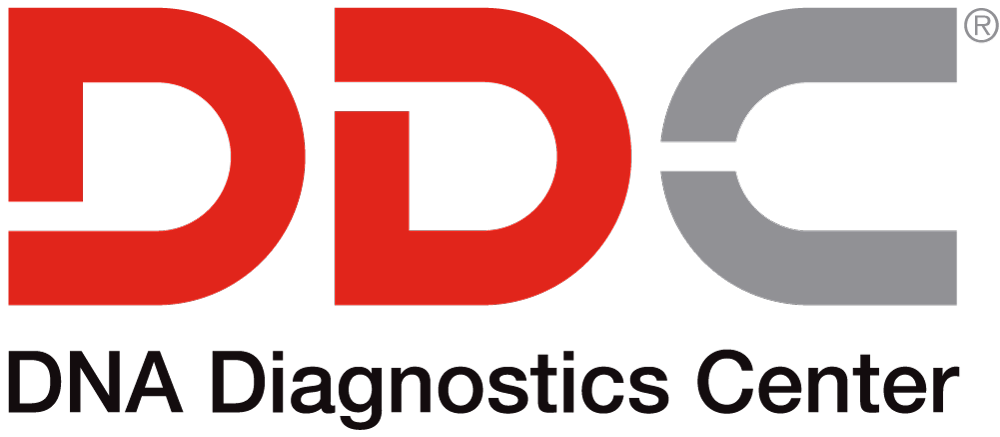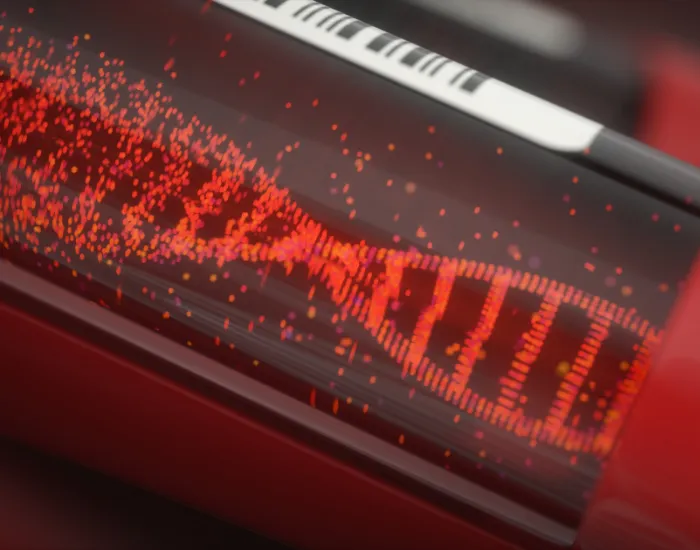APRIL 10, 2019
The Problem with Transfusions, Transplants, and Paternity Tests

Today’s medical treatments make getting and staying well easier than ever for millions of people who otherwise might not have survived their disease or accident. But some treatments can actually alter DNA, affecting some genetic analyses—like paternity tests—and making getting conclusive results difficult. If you’re considering doing a paternity test, here’s what you need to know about stem cell transplants, bone marrow transplants, blood transfusions, and how they can affect paternity tests.
CALL FOR A FREE CONSULTATIONBlood Transfusions and Paternity Tests
Chances are good that if you’ve had a standard blood transfusion more than two weeks prior to submitting cheek-swab samples, it should not affect your paternity test. Writing for Scientific American, medical professor Michelle N. Gong explains: “Studies have shown that donor DNA in blood transfusion recipients persists for a number of days, sometimes, longer, but its presence is unlikely to alter genetic tests significantly.”
If you are a pregnant woman who has had a recent blood transfusion and are interested in our Certainty™ Non-Invasive Prenatal Paternity test, keep in mind this test requires a small blood sample. When scheduling the test, you should always let the lab know ahead of time that you’ve had the treatment. Depending on when you had the transfusion, you may need to wait a little longer before testing, just to be on the safe side.
Stem Cell/Bone Marrow Transplants and Paternity Tests
Stem-cell transplants and bone-marrow transplants have the same goal in mind: to help build a patient’s immune system so they can better combat disease. Stem cells can either be collected directly from the donor’s blood or—in fewer cases—are extracted from the donor’s bone marrow. In both procedures, the patient ends up with the donor’s white blood cells and therefore the donor’s DNA too. Unlike a blood transfusion, these effects are long-lasting.
According to genetic counselor Brianne Kirkpatrick, “…a saliva or cheek swab on a stem cell recipient will often fail to give a DNA result because the DNA sample is a mixture of the original person and the donor.”
CALL FOR A FREE CONSULTATIONA bone-marrow or stem-cell transplant doesn’t always result in two profiles on a swab, due to a variety of factors, but it’s important to know that mixed DNA is a possibility and—if this is the case—then a paternity test cannot be completed with samples obtained through cheek swabs.
Q: If I’ve had a bone-marrow or stem-cell transplant, does that mean I can’t ever do a paternity test?
A: No. There are parts of the body that are less affected by the transplant than others. DDC can extract DNA from recently-plucked hair samples (with the root) or fingernails provided by the transplant recipient. Keep in mind there is a $150 non-refundable viability fee to ensure the samples submitted provide enough DNA for testing. Please call us directly to arrange for a paternity test using alternative samples.
Q: What if I had a transplant using my own stem cells?
A: That’s not a problem, since the DNA you’re receiving is your own.
Wrapping It Up
If you’ve had a stem-cell, bone-marrow transplant, or blood transfusion, this does not automatically mean you cannot do a paternity test—but it’s important to know that not being able to get results is a real possibility. Our experts can help you determine whether the time is right and which type of samples might optimize your chances of a successful test.
About DNA Diagnostics Center (DDC)
DNA Diagnostic Center is the world leader in paternity and relationship testing. We serve healthcare professionals, government agencies, and individuals around the world to determine family relationships with trusted accuracy.
More Questions? Don’t hesitate to call us: we’re here to help!
CALL NOW





